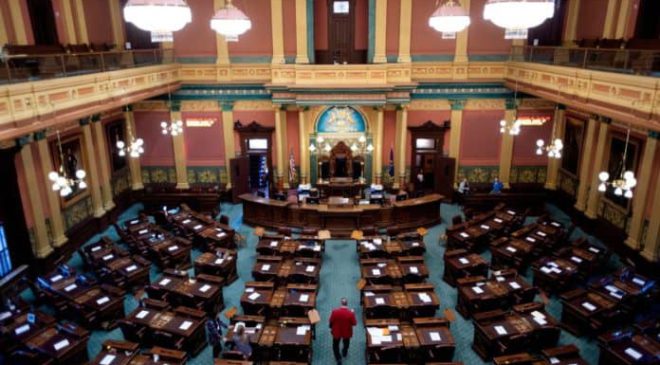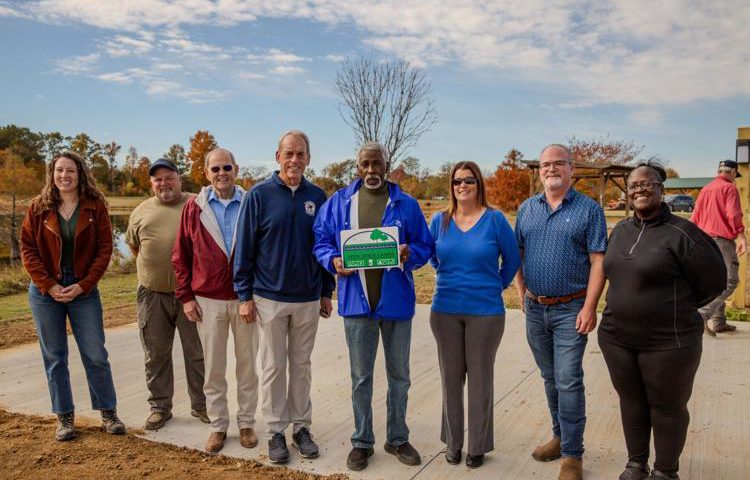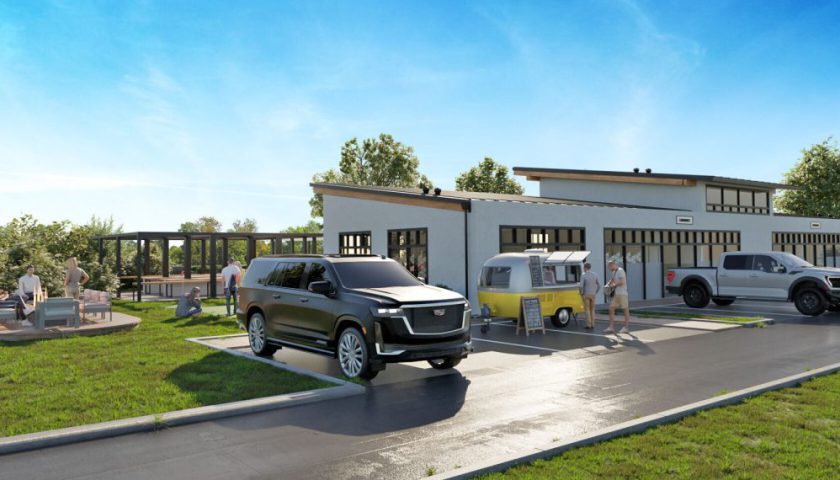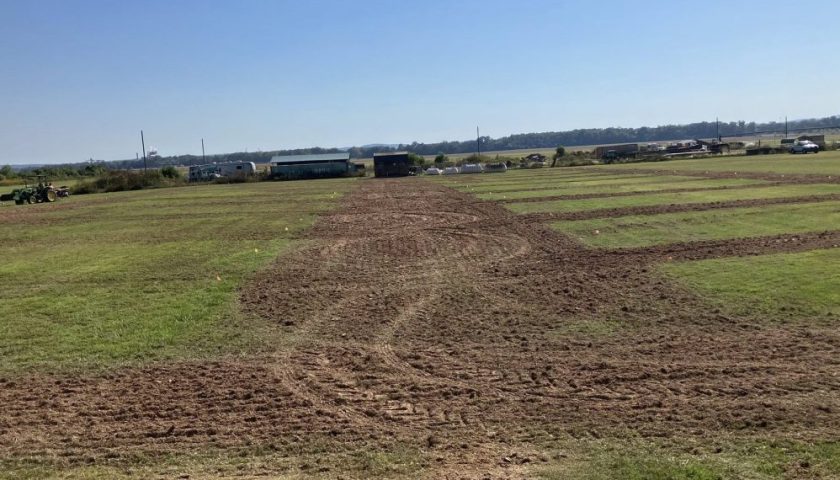Florida is the latest state to contemplate liability shield laws for recreational activities and campgrounds.
New legislation would urge people to camp at their own risk, shielding private campgrounds from liability claims.
A Florida State Senate bill, SB 1054, and a correlated House bill, HB 1323, would limit claims against commercial campground facilities not situated on public lands. The legislation aims to shift the burden of responsibility to campers instead of the campgrounds, offering “civil liability protection for private campground owners and specified employees of private campgrounds for injury, death, or property damage resulting from the inherent risk of camping.”

States codifying limits to risks of camping
Florida and other states have begun codifying limits to natural and inherent risks of camping and outdoor recreation. These risks have generated litigation against campground operators in the past. Lawsuits citing insect bites, adverse weather, falling trees and limbs, campfire burns and encounters with wildlife have arisen against campground operators. Under the liability shield laws, persons using camping facilities would primarily be responsible for safeguarding against risks that are a part of recreating in nature.
Certain unnatural risks, including animal bites by other campers’ dogs, intruders in the campgrounds, etc., would cease to be the responsibility of the campground operator. The campground would be shielded from liability if a camper was injured or killed unless the operator was negligent or demonstrated “willful or wanton disregard” for the victim’s safety.
Liability shield laws help protect campground operators from litigation
Campgrounds are the critical element necessary for many to enjoy the RV lifestyle. Not everyone enjoys boondocking. But as with any business, campground operators have come under pressure from risks and liabilities and, like most consumer-facing industries, have seen their share of liability lawsuits. Liability shield laws protect campground operators from litigation for injuries arising from the inherent risks of persons being outdoors in the camp and recreational environment.
Proponents claim that a primary benefit of liability shield laws is that they encourage property owners to open their property to recreational use. Many campgrounds are on private land and without liability protection, the owners may be hesitant to allow camping on their property.
An additional benefit of a liability shift is that the laws can promote and reinforce responsible behavior for campers. When people know they are accountable for their safety, they may be more attentive to their risks and hazards and take precautions to avoid accidents and injuries.
Liability shield laws are not 100 percent protection for campground operators
Liability shield laws do not provide 100 percent blanket protection for campground operators. Under certain circumstances, campgrounds can still be held liable for injuries. For example, suppose a campground operator is found negligent in maintaining their property or fails to warn campers of a known hazard. In that case, they may still be held liable for injuries resulting from negligence.
Further, liability shield laws are not a substitute for responsible business practices. Campground management still has a duty to maintain a safe environment for campers. They must take reasonable steps to prevent accidents and injuries. This means regularly inspecting the campground for hazards, providing adequate warning of any hazards present, and taking active and timely action to address any identified risks.
How does all this affect RVers? The laws are a mixed bag, with the positive side being a means to encourage the development of campground facilities and keep existing ones open and available.



